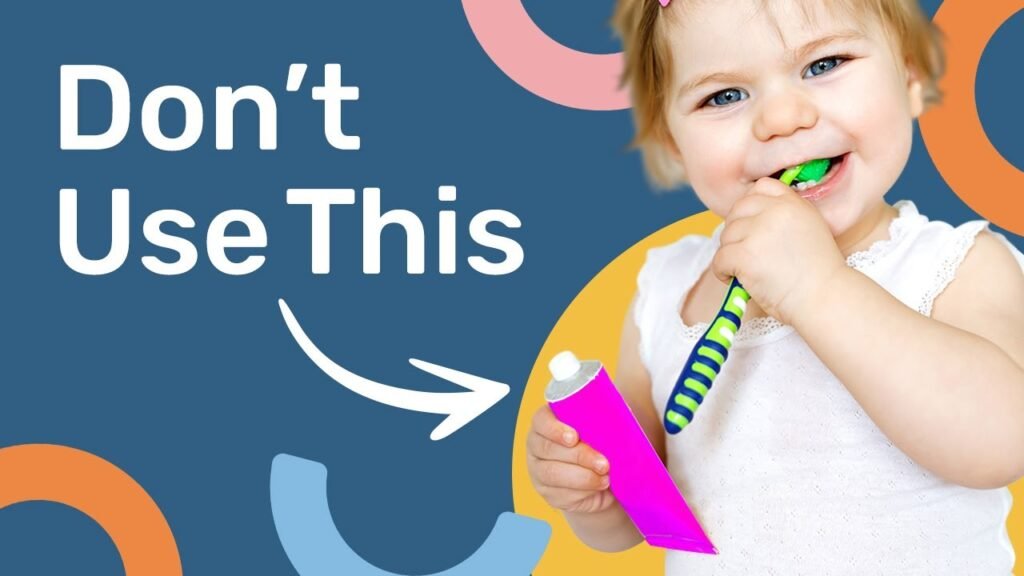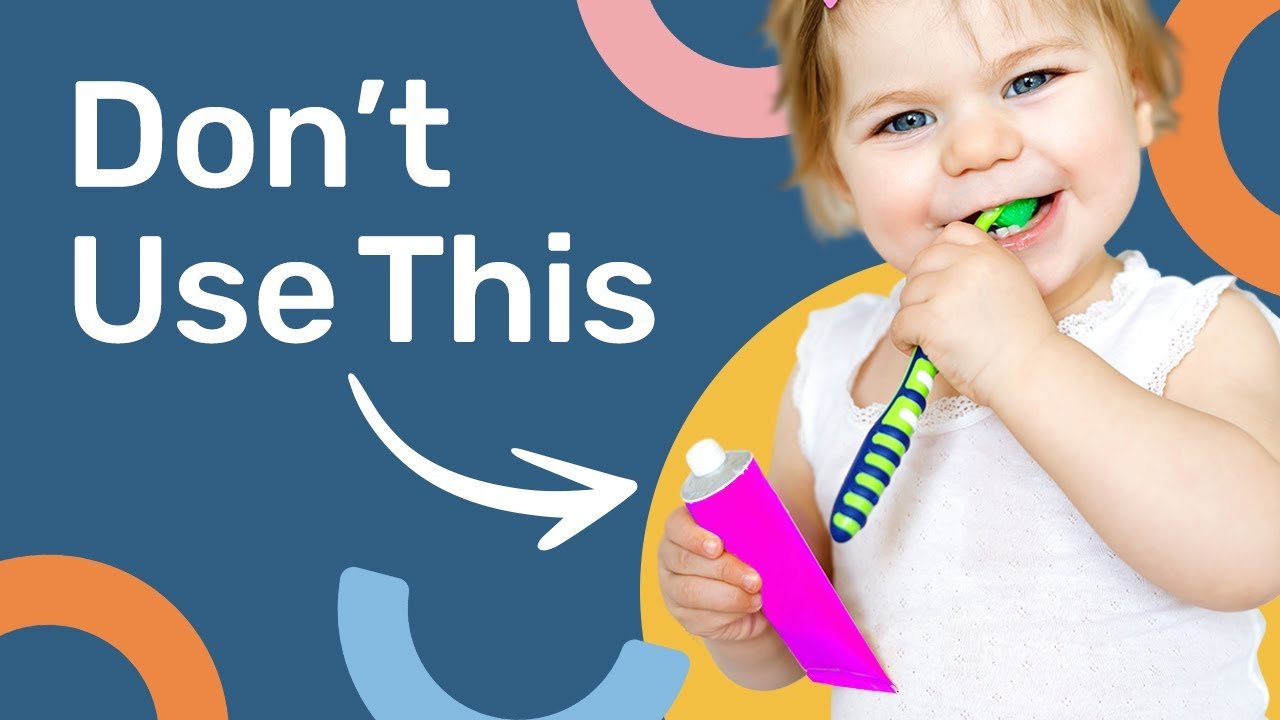So you want to make sure you’re brushing your baby’s teeth the right way to prevent tooth decay and future dental emergencies? You’ve come to the right place! In this article, we’ll cover all the essential tips and tricks to ensure that your little one’s oral health is taken care of from an early age. From when to start brushing and what toothpaste to use, to making toothbrushing a positive and enjoyable experience, we’ve got you covered. You’ll also learn about the importance of baby teeth in jaw development, speech production, and preventing overcrowding of adult teeth.
Let’s start with the basics. Did you know that it’s important to start cleaning your baby’s gums even before the first tooth appears? By familiarizing them with the sensation, you’ll set the foundation for a positive toothbrushing experience. And when that first tooth does come in, be sure to switch to a soft-bristled infant toothbrush and start brushing twice a day, with a focus on nighttime brushing. Remember, toothpaste shouldn’t be used until 18 months of age to avoid dental fluorosis, but when it is time, use only a grain of rice-sized amount for babies under 18 months and a pea-sized amount for toddlers. Make sure to make toothbrushing fun and model the behavior in front of your baby. And don’t forget to celebrate when the brushing is finished!

Importance of early toothbrushing
Starting to brush your baby’s teeth early is crucial for their dental health. Even before the first tooth appears, it is recommended to clean their gums to familiarize them with the sensation and ensure their comfort. Once the first tooth arrives, it is time to start using a soft-bristled infant toothbrush. Brushing your baby’s teeth twice a day, focusing on nighttime brushing, helps prevent tooth decay and dental emergencies. It is also important to start flossing when two teeth are touching to remove any food debris stuck in between. By following these early toothbrushing practices, you can establish good oral hygiene habits for your baby.
Toothpaste and brushing techniques
Choosing the right toothpaste and using the correct brushing techniques are essential for your baby’s dental health. Fluorinated toothpaste is not recommended until 18 months of age to avoid the risk of dental fluorosis. For babies under 18 months, a grain of rice-sized amount of low fluoride children’s toothpaste should be used, while toddlers can have a pea-sized amount. Brushing should be done twice a day, with a particular focus on nighttime brushing to prevent the accumulation of food and milk on the teeth. Flossing should be introduced when two teeth touch and food gets stuck in between. By following these toothpaste and brushing techniques, you can ensure proper oral care for your baby.
Making toothbrushing enjoyable
Toothbrushing should be a positive and enjoyable experience for your baby. By making it fun and engaging, you can create a healthy habit that your baby will look forward to. Model toothbrushing in front of your baby, showing them that it is something everyone does and that it does not cause any pain. Provide your baby with their own toothbrush to explore and interact with during bath time or playtime. Sit in front of a mirror while brushing your baby’s teeth, as it can make the experience more interactive and intriguing. Keep the process short and sweet, as babies have a limited attention span. Celebrate when brushing is finished, praising and rewarding your baby for their cooperation. It is essential not to react negatively if your baby gags, as this can create a negative association with toothbrushing. Instead, distract them by singing a song or engaging in a fun activity.
Importance of brushing for dental health
Brushing your baby’s teeth is crucial for maintaining their dental health. It helps prevent tooth decay and dental emergencies in the future. Baby teeth play a vital role in jaw and mouth development, speech production, and chewing. They also hold the correct place for adult teeth, preventing overcrowding and the need for orthodontic treatment. By starting good oral hygiene habits early and consistently brushing your baby’s teeth, you ensure their overall dental health and set them up for a lifetime of healthy smiles.
Helpful resources
To help parents navigate the process of introducing solids to their babies, there is a video resource available. This resource provides valuable information and tips to make the transition easier for both parents and babies. Additionally, a free PDF document is provided in the video description box, offering additional information and support for parents during this stage.
Upcoming parenting tips
Stay tuned for more parenting tips and tricks in the next week. These tips will cover a range of topics related to baby and child care, providing helpful advice and guidance for parents. Keep an eye out for the upcoming articles to expand your knowledge and enhance your parenting journey.

